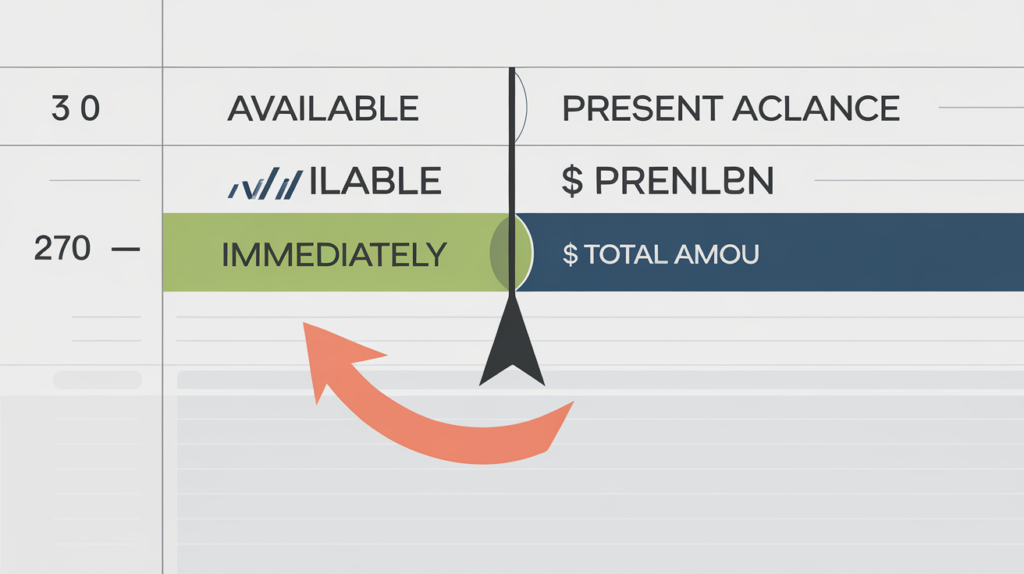Steps to Take After a Car Accident: A Comprehensive Guide
Being involved in a car accident can be a stressful and overwhelming experience. It’s crucial to ensure everyone’s safety and handle the insurance claim process correctly to protect yourself and your finances. Here are seven essential steps to take after a car accident.
1. Get to Safety
Your safety and the safety of your passengers are the top priorities. Cars can be replaced, but lives cannot. If you’re still in the roadway, move yourself and your car (if it’s driveable) out of the path of oncoming traffic. Check for injuries and call 911 if anyone is hurt. If someone is seriously injured, it’s best not to move them.
Accidents on back roads or in the dark can be particularly dangerous. Turn on your hazard lights to make yourself more visible and help other cars avoid the accident site. Remain in your car until help arrives.
2. Call the Police
Even after a minor accident, it’s advisable to call the police. In some states, the police may not come if nobody is injured, but it’s still a good idea to call, especially if you believe you weren’t at fault. A police report can support your claim that you didn’t cause the accident when you file an insurance claim.
Having a police officer on the scene can also help keep emotions in check, as car accidents can be frustrating and lead to heightened emotions.
3. Take Photos
Once everyone is safe and the police have been called, start taking photos of your car’s damage and any other vehicles involved. If it’s safe, take photos of the surrounding area, including street signs, obstacles that may have caused the accident, and road conditions at the time of the accident.
Your auto insurance company will want to see a lot of photos to help determine what happened and decide how much to compensate you for the damage.
4. Exchange Information With the Other Driver
If the police are on the scene, they may handle the exchange of information for you. However, if the police aren’t involved, you should exchange information with the other driver. Here’s what you’ll need:
- Full name of the driver and the person insured (if different from the driver) and their contact information
- Insurance company name and policy number
- Driver’s license number
- License plate number
- Make, color, and model of the vehicle
Avoid discussing who was at fault. It’s up to the insurers to assign blame, and even a casual “I’m sorry” could be used to assign fault and deny compensation.
5. Call Your Insurance Company
While you don’t need to call your insurance company from the scene of the accident, it’s advisable not to wait too long. Waiting can cause you to forget important details.
The time frame for filing a claim varies by insurance company and state. For example, New York typically gives you 30 days to file a claim, unless you provide proof in writing showing a good reason for the delay.
Delaying the claim process can prolong the time it takes to receive compensation for medical bills or car damage.
6. You May Need to Notify the DMV
Each state has different requirements for reporting car accidents to the department of motor vehicles (DMV). Whether you need to report the accident often depends on the extent of the damage or if someone was injured.
For instance, Wisconsin requires you to report the accident if you’ve done $1,000 or more damage to any vehicle or property, if someone was injured, or if you’ve done $200 or more damage to state- or government-owned property. In Oregon, you need to report the accident within 72 hours if there was damage over $2,500 or if someone was injured.
7. Wait—and Take Guidance From Your Insurer
After filing a claim, you’ll need to wait and follow your insurance company’s guidance. Here’s what you may discuss:
- An inspector assigned by the insurer: Your insurer may send someone to examine the vehicle, whether it’s at a mechanic’s or in your driveway, to provide a car insurance estimate. This document outlines the cost to fix your car and is usually the starting point for any repairs.
- Paying a mechanic: If your car is at a mechanic’s, you can get an estimate, but do not approve repairs until you’ve talked to your insurer. You want them to cover any damages, and they need to weigh in on the cost before you authorize repairs.
- Your car can’t be repaired: If your car is totaled (where repairs cost more than the car’s value) and you have comprehensive or collision coverage, your insurer will likely pay for the car’s value minus the deductible. In this case, you’ll have to wait to get paid, which could take days or months, depending on how quickly your insurer determines fault.
Car Insurance Can Make Anyone a Nervous Wreck
Being involved in a car accident is stressful enough. The last thing you want is to make things more complicated by delaying your claim or providing insufficient information to your insurer. Stay level-headed in the aftermath of a car accident to ensure you get the compensation you deserve after paying for car insurance premiums.
For any mortgage service needs, contact O1ne Mortgage at 213-732-3074. Our team is here to assist you with all your mortgage requirements.







